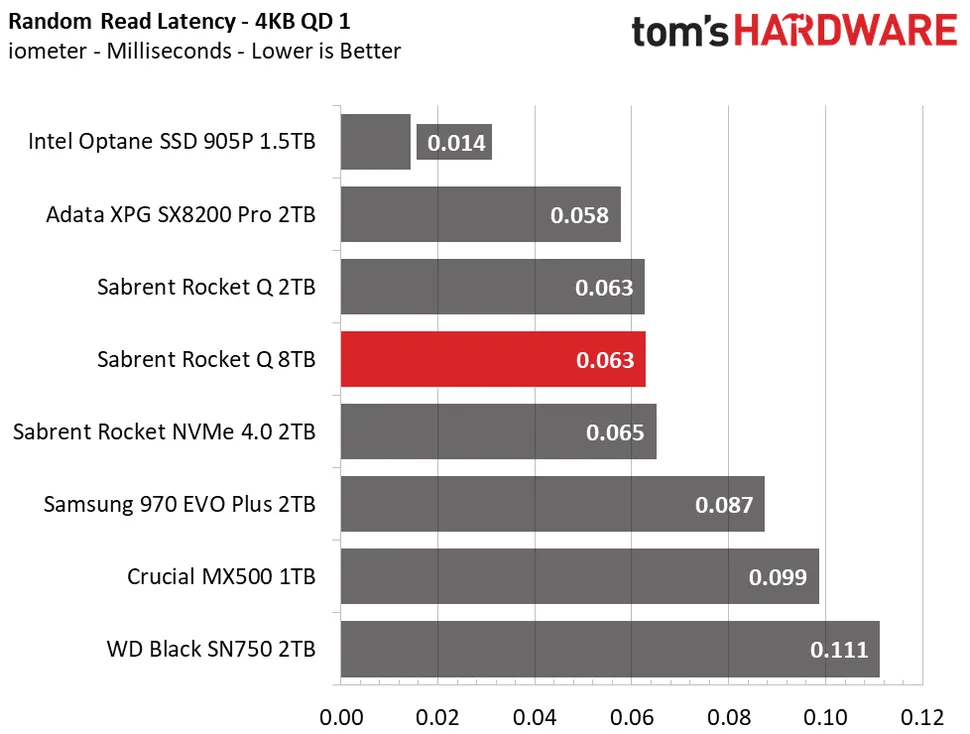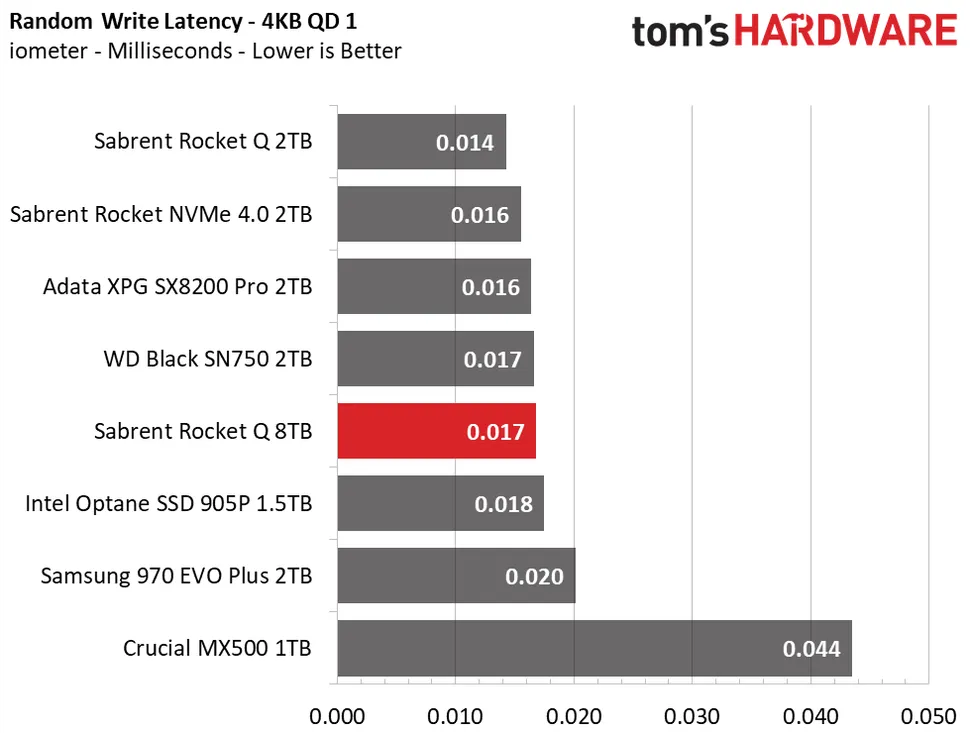Sabrent’s 8TB Rocket Q pushes QLC to higher speeds and capacities than even Intel or Micron, but it comes with reduced write endurance.
8TB Sabrent Rocket Q M.2 NVMe SSD Review: Cranking QLC Performance Up a Notch : Read more
8TB Sabrent Rocket Q M.2 NVMe SSD Review: Cranking QLC Performance Up a Notch : Read more




